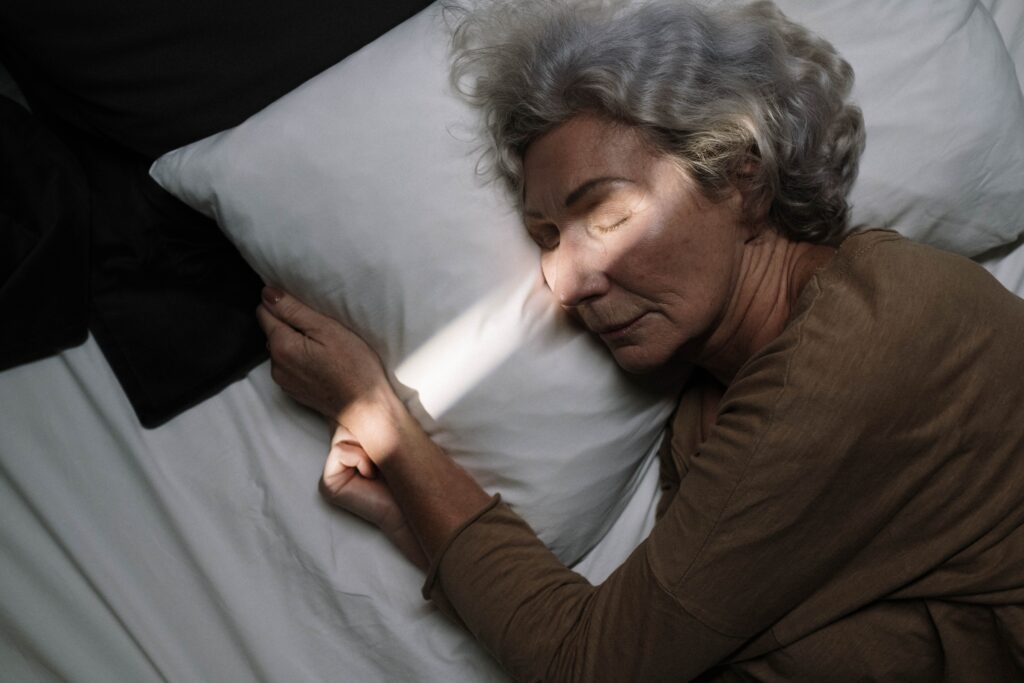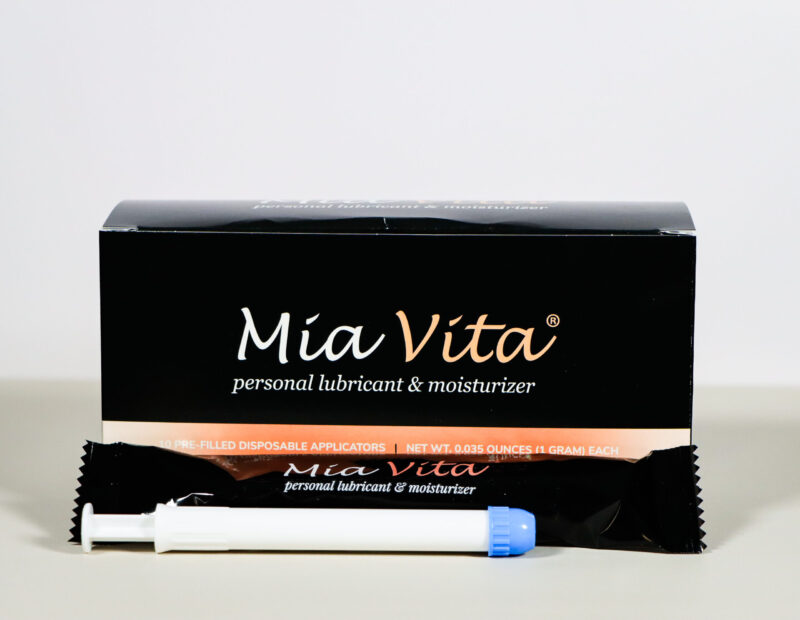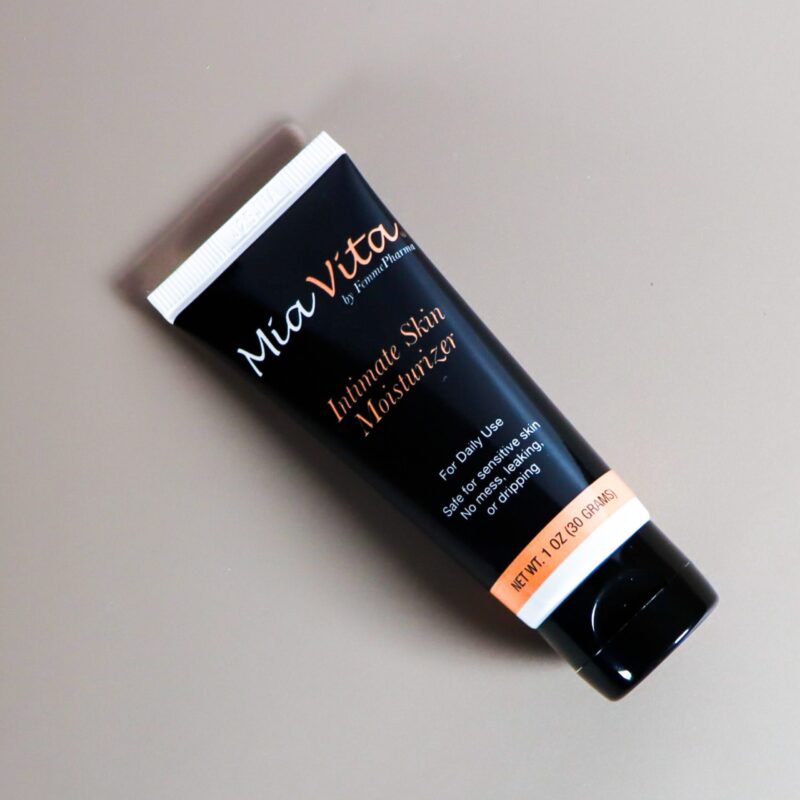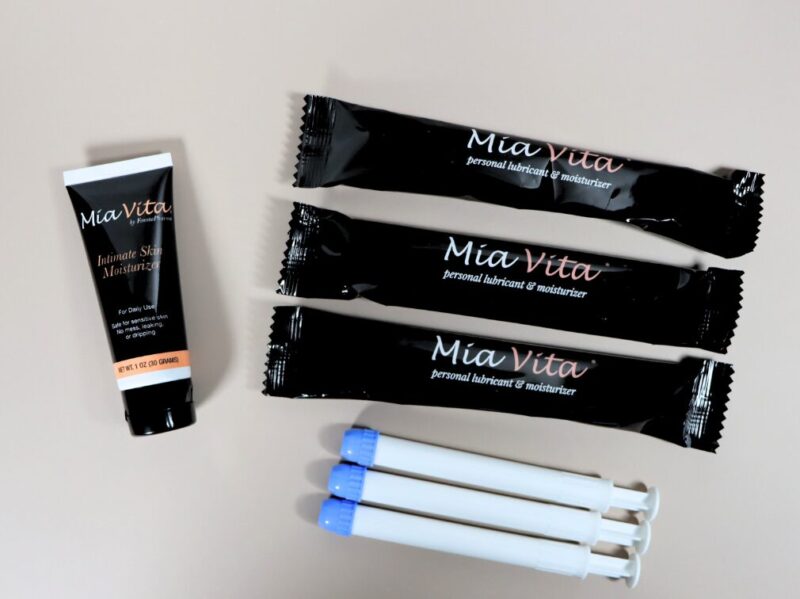When we’re younger, we typically didn’t think how our diet affects sleep. But as we age, it becomes increasingly more important.
This is because the foods we eat have various levels of nutritional content – macronutrients, vitamins, and minerals – that interact with our bodily systems.
In addition, eating the right foods influences our hormone levels, which are fluctuating during perimenopause. And too much fluctuation in certain hormones – particularly melatonin – can adversely affect our sleep patterns.
FemmePharma sat down with registered nutritional therapist Alison Bladh to get a better understanding of how our diet affects our sleep and what we can do to improve it.
Which foods should I eat to sleep better?
How nutrition affects our sleep is complex – with research ongoing – so it’s difficult to pinpoint exactly which diet is best to promote healthy sleep habits.
However, there are a few things that stand out in the research that will help you catch those zzz’s.
Whole foods
When possible, try to eat whole, unprocessed (or minimally processed) foods that contain as few ingredients as possible – such as fruits and vegetables, lean meats, and leafy greens. These foods are rich in nutrients and vitamins and help balance your body’s ecosystem for optimal sleep cycles.
Foods with tryptophan. Ever notice after eating a big Thanksgiving meal that you feel sleepy? This may be from the tryptophan – an amino acid that’s used to make serotonin, the feel-good hormone – in that turkey you ate. Additional sources of tryptophan include eggs, dairy products, and legumes and seeds.
The Mediterranean Diet. Some research suggests that the Mediterranean diet is particularly helpful for sleep, due to its rich supply of tryptophan, B vitamins, and calcium – all which promote a healthy sleep cycle. In addition, fruits such as kiwi and pineapple help to raise our body’s serotonin levels.
Chamomile tea. Having a cup of decaffeinated chamomile tea before bed can help you relax and provide a sense of calm.
Which foods should I avoid to sleep better?
Just like there are foods that promote a good night’s sleep, there are also foods that can prevent it. Here’s what to avoid before you turn in for the night so you’re not lying awake at 2 am.
Coffee, soda, and other forms of caffeine. Caffeine is a stimulant that inhibits your body’s sleep cycle from functioning properly. To ensure a peaceful slumber, you may want to avoid coffee, soda, dark chocolate, and energy drinks after midday.
Processed foods. The opposite of whole foods, processed foods have been altered and are filled with preservatives that decrease their nutritional value.
Sugary foods. Maintaining stable blood sugar levels is crucial to a good night’s sleep. When you eat foods that are high in sugar, your blood sugar levels may spike, affecting your sleep. This includes alcohol with a high sugar content, such as wine. If you’re having trouble falling or staying asleep, you may want to avoid that glass of wine before bed.
Not eating enough at night can cause your blood sugar levels to drop, sparking a late-night hunger spike that could also wake you up.
Heavy protein sources. Try to avoid eating foods high in protein late at night, as it takes your body longer to digest them and may inhibit the sleep process.
What else can I do if I’m not sleeping well?
In addition to dietary modifications, here are some other things you can do to promote restful sleep.
Consider supplements. For those who need additional help falling or staying asleep, mineral supplements may be a good option.
Known for its calming effects on the body, magnesium glycinate has shown promising results for helping with insomnia. In addition, FemmePharma offers Mia Vita Sleep, a supplement that contains ashwagandha and melatonin, both of which promote better sleep.
Try lifestyle changes and alternate options. In addition to changing your diet and adding supplements, you can also make some lifestyle modifications that promote rest and relaxation. Using a light therapy lamp can help to balance circadian rhythms, and adding meditation or yoga can help reduce stress – a major factor in preventing sound slumber.
– For a deeper dive into how diet affects sleep, check out the Love, Mia Vita podcast episode.
FemmePharma has been helping women navigate menopause for over two decades. No matter where you are in your journey, you deserve to have knowledgeable, intimate healthcare partners to help you feel your best. Explore our other articles, podcast episodes with women’s health experts, and products to ease your transition into menopause.



